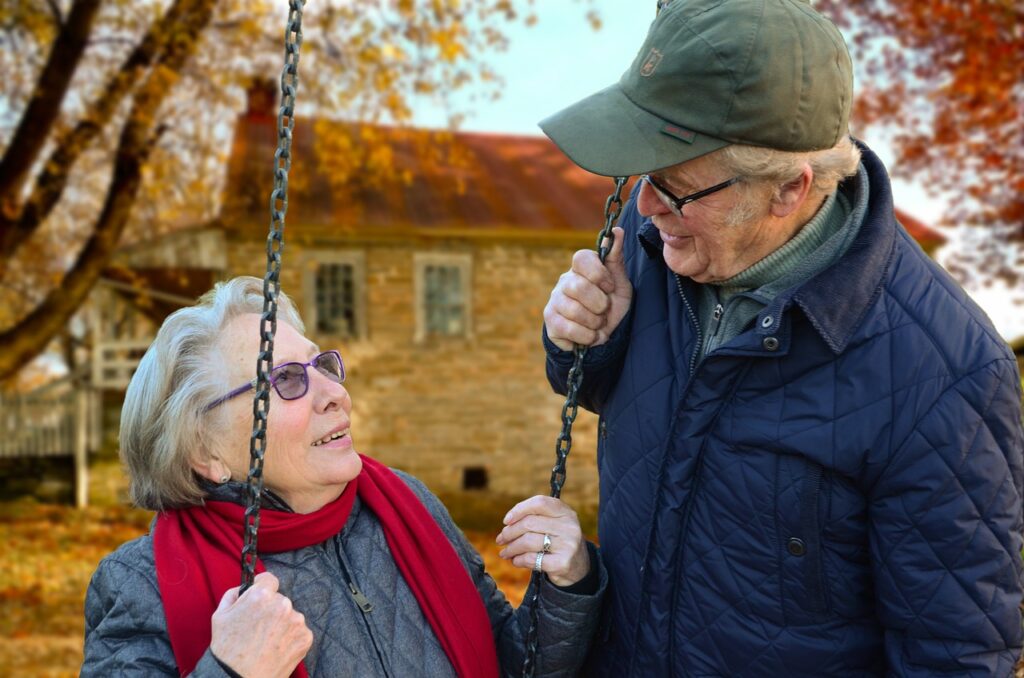I know an uncle who is a 65-year-old widower. His children settled in different cities, and he felt lonely most of the time. That uncle was telling me the other day he is physically fit but mentally stressed. Asking can’t I have a companion with mutual respect? He wishes to spend his remaining life in good company.

Loneliness is synonymous with perceived social isolation, not with objective social isolation. People can live relatively solitary lives and not feel lonely, and conversely, they can live an ostensibly rich social life and feel lonely nevertheless.
Which is quite common in the elderly here in India. Once who were at the helm of every decision are now left at the periphery because youngsters don’t want to share more information or take their advice in their life decisions.
In response to my uncle, I told him yes it is quite normal to feel the void after losing your spouse and there is nothing wrong in giving yourself a second chance. It is beautiful to have a companion with whom you can talk your heart out and share your feelings.
Everyone has the right to decide and choose what is best for them. People around you will always have something to say about whatever you do. They have a right to state their opinion. Some will support you and others may criticise you and it’s okay.

It’s your life and you are allowed to do what makes you happy. Remember, we cannot always make everyone happy but we can make one person happy always and that person is “you”.
Loneliness is defined as a distressing feeling that accompanies the perception that one’s social needs are not being met by the quantity or especially the quality of one’s social relationships
There are quite adverse effects on people because of loneliness

Healthy social connections are important to one’s overall health. Prolonged loneliness can have serious health implications, including decreased mental and physical health and even premature death.
According to the Centers for Disease Control and Prevention (CDC), other long-term risks of chronic loneliness can include:
- Cognitive decline
- Depression
- Heart disease
- High blood pressure (hypertension)
- Obesity
- Weakened immune system
- Alzheimer’s disease

Health Behaviour abruption
The ability to regulate one’s thoughts, feelings, and behaviour is critical to accomplishing personal goals or to comply with social norms. Feeling socially isolated impairs the capacity to self-regulate, and these effects are so automatic as to seem outside of awareness.
Sleep disruption
Sleep deprivation adversely affects cardiovascular functioning, inflammatory status, and metabolic risk factors. In addition, short sleep duration has been associated with a risk for hypertension, incident coronary artery calcification, and mortality.

There is ample research that shows that loneliness hits way harder than it may appear.
Other common causes of loneliness include:
- The death of a close friend or family member
- Physical isolation, such as living alone or moving away from family and friends
- Illness or disability
- Retirement
- Working alone
How to Cope With and Prevent Loneliness
Just as the cause of loneliness can vary from person to person, coping and prevention strategies can also differ. In general, the goal is to make strong, healthy connections that fulfil your need for social interaction.
While there is no substitute for help from a mental health professional, the following tips may help you build emotional connections.

- Find hobbies you enjoy: Taking part in activities you enjoy can be a great way to meet others with similar interests. Consider a book club, art class, fitness group or any other activity where you can interact with others who enjoy the same things.
- Volunteer for an organization you support: Volunteering will not only give you a sense of accomplishment and pride, but it’s also an opportunity to meet others who support that same organization.
- Join support groups: Support groups are an excellent way to connect with others who you have something in common with, such as a mental or physical condition.
- Routinely contacting family and friends: Attempting to stay connected, even if only by phone or video chat, can help nurture your emotional health and help prevent loneliness.
- Maintain a healthy diet and regular exercise regime: Living a healthy lifestyle promotes overall wellness and reduces your risk of chronic medical conditions—which could interfere with your social life.
Regardless of your interests, it’s important to listen to and fulfil your desire for social connection. This can help diminish feelings of loneliness or isolation and could help improve the overall quality of your life. For further reading

